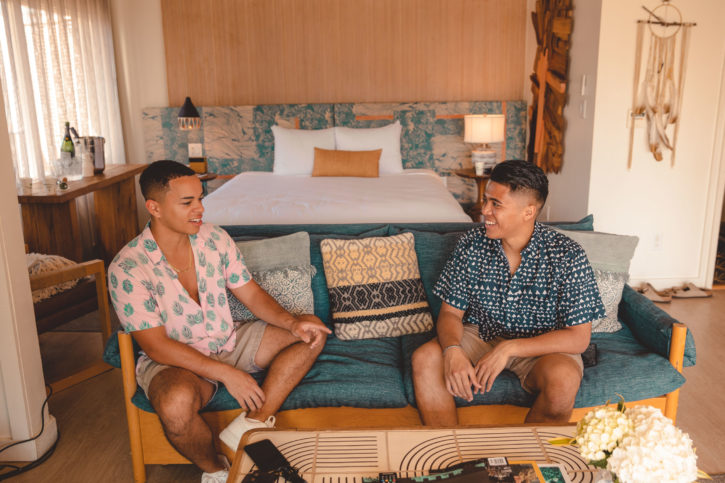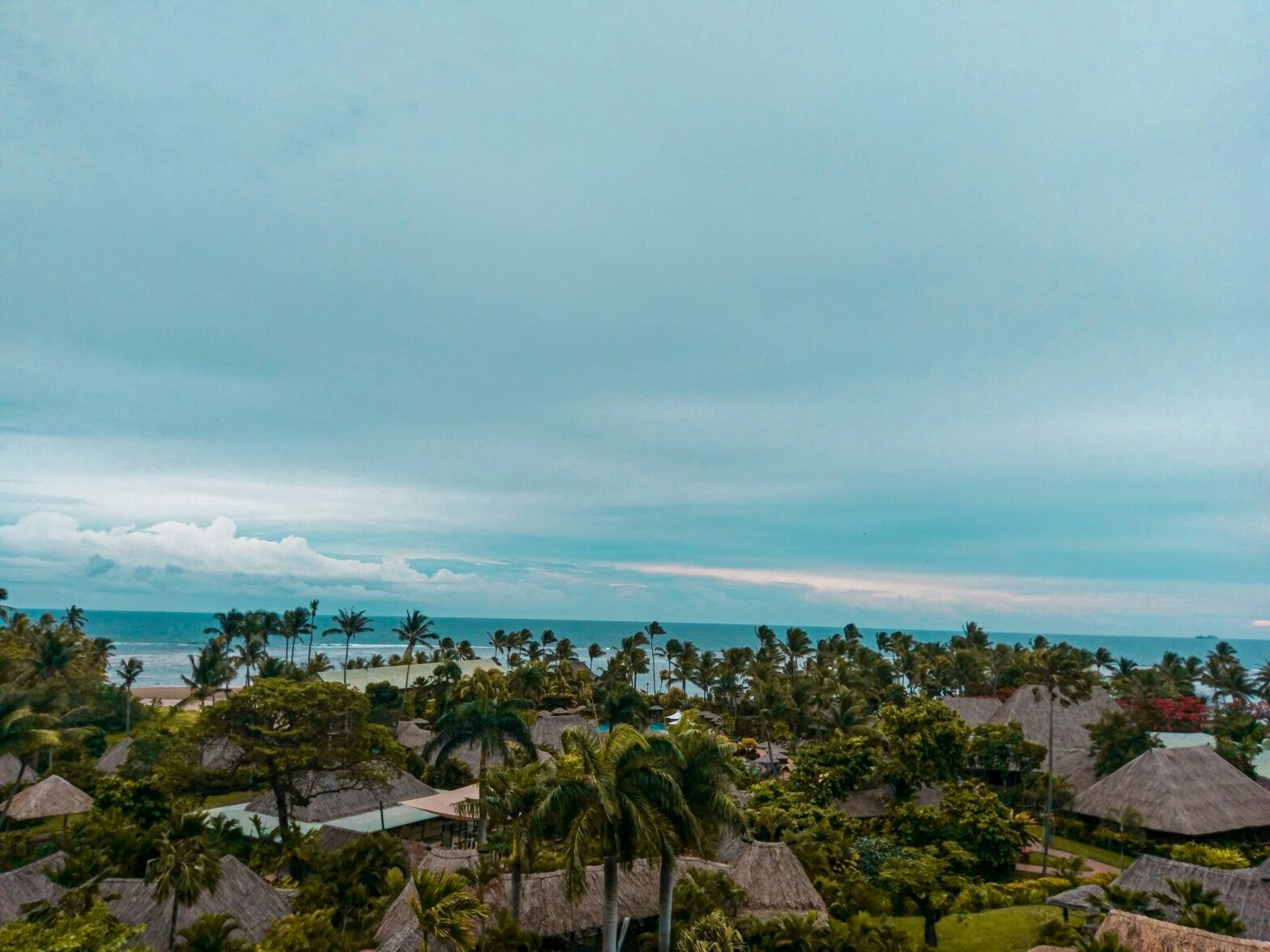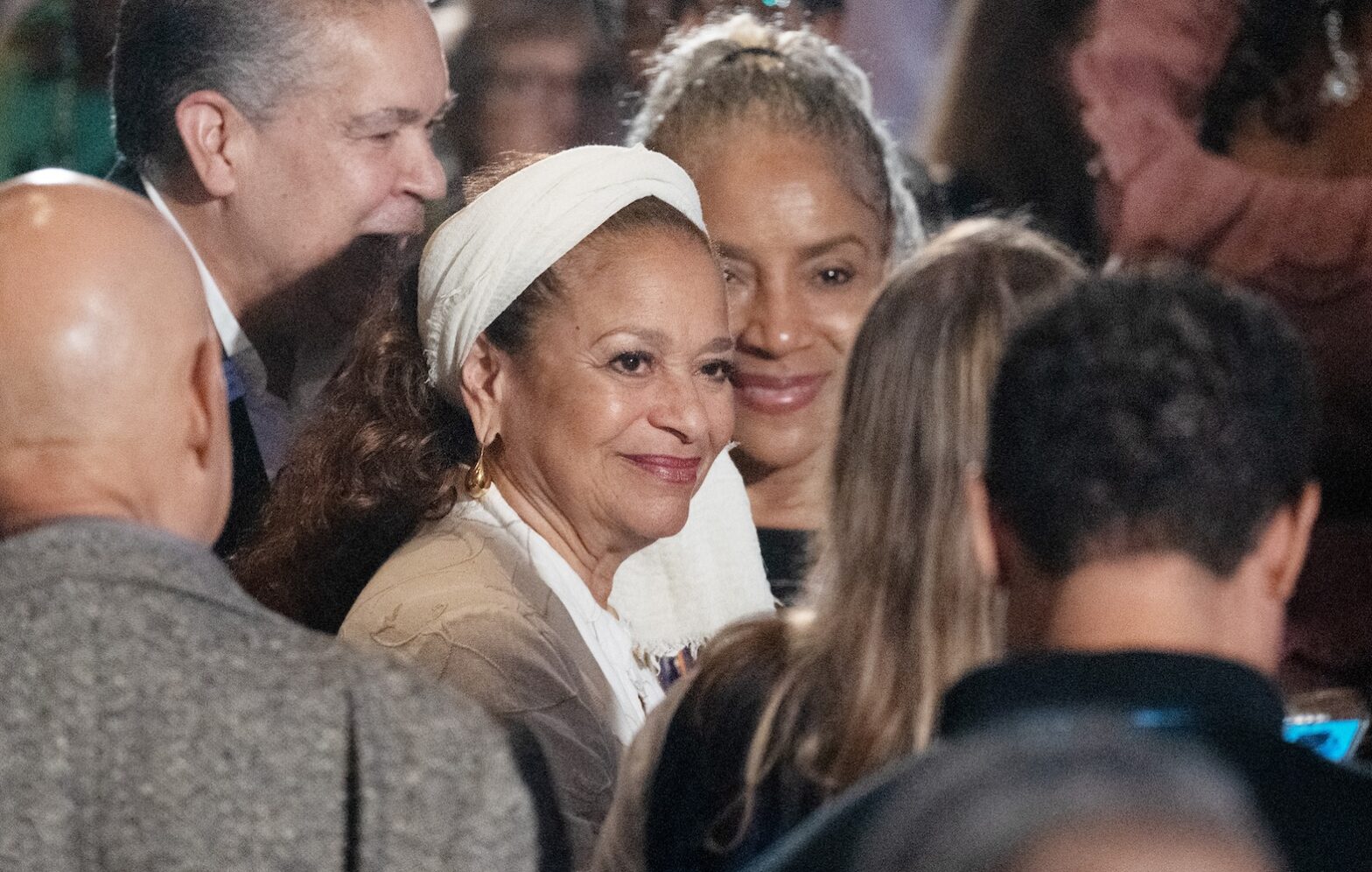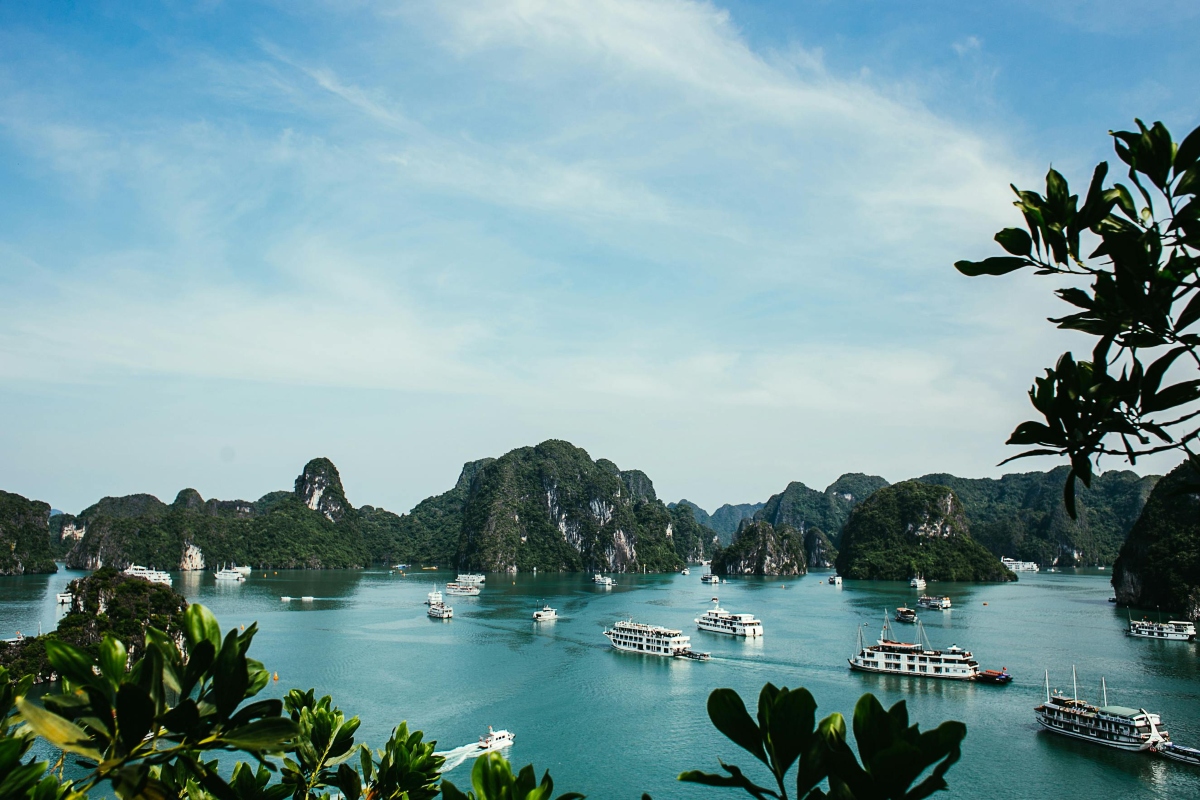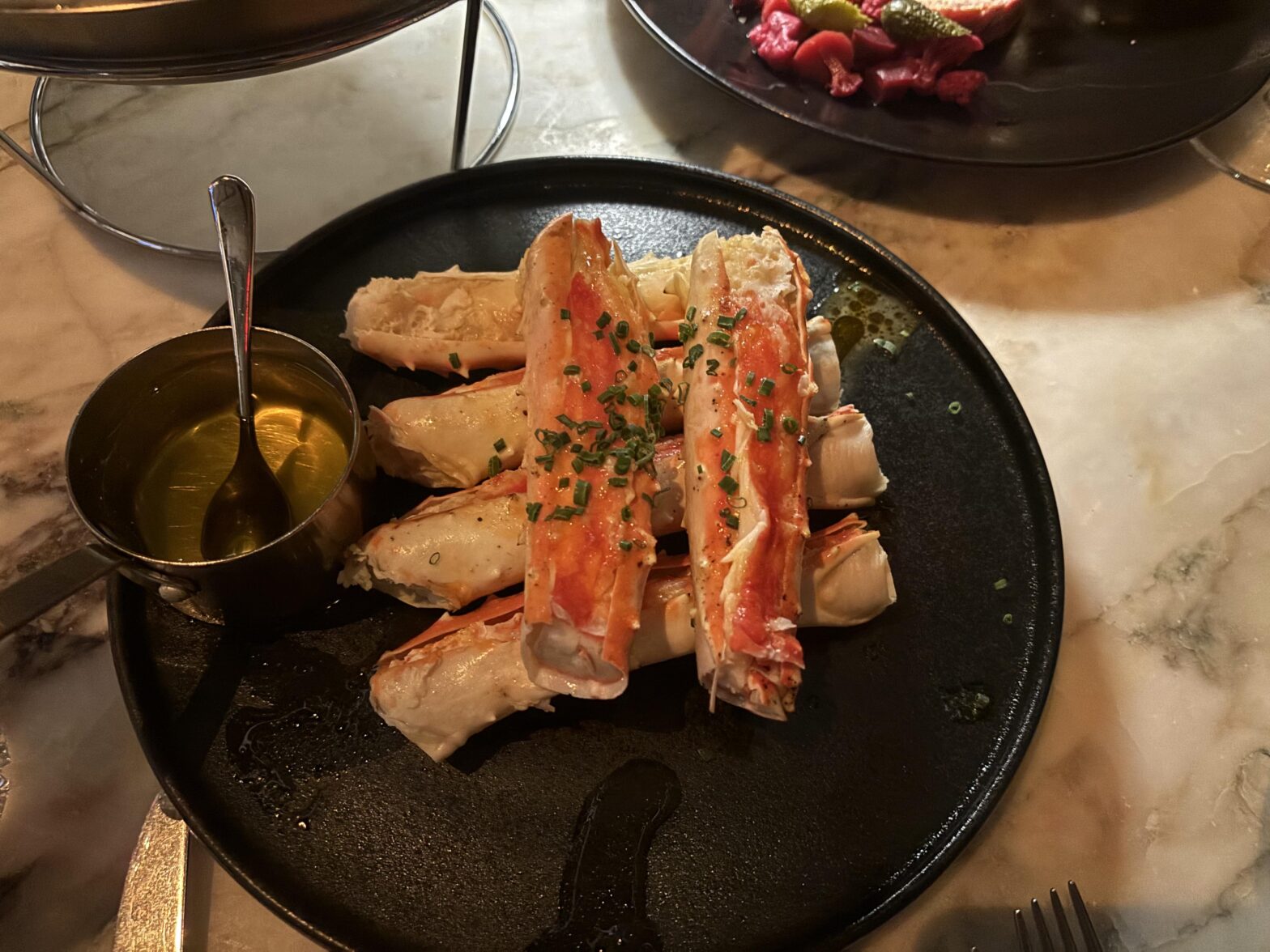The Pōpolo Project is a Hawai’i-based nonprofit organization founded by Dr. Akiemi Glenn focusing on the amplification of Black voices to strengthen the community in Honolulu. Established 4 years ago, the foundation has now become a social pillar for Black residents who reside in Oahu.
With series event programming, historical teachings, and the dissection of Black cultural products— Dr. Glenn and the Pōpolo Project are supporting Black locals and various identities to highlight the importance of acknowledging cultural diversity in a society where everyone is in an ethnic minority.
The root of the Hawaiian vernacular, “Popolo,” actually derives from a plant that lives on a series of islands. It’s a shaded plant that produces very small Blackberries. In the mid-20th century, the term became a Hawaiian slang word for Black people and interestingly enough, the plant serves as a form of traditional medicinal remedy, so it’s very highly esteemed in Hawaiian traditional plant medicine.
The Pōpolo Project seized this opportunity to encourage the larger community to think about Hawaiian and the indigenous culture, and what the language means. And not just see words like Popolo as substitutes for American or English concepts.
Similar to the grassroots approach that the Pōpolo Project is taking in order to rectify the social norm in Hawai’i, the Surfjack Hotel & Swim Club partnered with the Pōpolo Project to bring forth a lively panel discussion. In conjunction with Textured Waves and The Gnar Gnar Honeys, the panel discussed the need for inclusivity and acceptance in surf culture— specifically pertaining to Black women’s contributions to the predominantly white-male dominated watersport.
Related Post: Hawaii Is Offering Free Hotel Stays For Visitors Who Volunteer

During the pandemic, Hawai’i’s tourism industry took a massive blow that caused the closure of many small businesses and heavily impacted the minority population within the island. Through no-cost monthly markets, the Surfjack Hotel introduced the “Mid-week Market” initiative that transforms the hotel’s aesthetically-mesmerizing lobby and pool space— on the 3rd Wednesday night of every month— so that the local small business community can showcase their crafts and products in hopes of rejuvenating the financial losses that may have occurred during the hardships of 2020.
In February right before the pandemic impacted the globe, the Pōpolo Project and Surfjack Hotel were promoting the ideologies behind “Black Futures Month.” This celebratory month is an innovative spin on Black History Month focusing on the importance of what a prosperous future can look like for a community of marginalized people. People known to rely on the hardships of their past, to acknowledge their cultural contributions to the greater historical legacy of the United States.
The Surfjack Hotel has been a proud sponsor for the Pōpolo Project and continues to push the boundaries farther to give more visibility to people who are facing erasure. The surf hotel’s space honors indigenous culture through its grand presentation with a mid-century flair that allows modern visitors to feel transported to a cozy temporary paradise within Hawai’i.
The Pōpolo Project nonprofit utilizes community engagements to build out a better society for its Black members and visitors. That is why the foundation forged a great collaboration with the Surfjack Hotel, because the establishment makes their space available for other invisible residents —native Hawaiians and LGBTQ+ members.
Even when the Pōpolo Project hosted a fundraising event at Surfjack, they were big sponsors for the foundation and have always kept their community-focused outreach going, and have supported a number of community works, too.
The Pōpolo Project and Surjack Hotel are shifting the cultural landscapes of what makes a tight-knit diversified community in Hawai’i. They continue to reinvent themselves for the sake of their grander human mission to help others.
With the evolution of the pandemic and how its impact has proven to be detrimental for heavily-trafficked states that depend on tourism to give back to their local communities, these institutions are creating safe spaces even when the future appears to be uncertain for the financial and social welfare of the entire state of Hawai’i.
To learn more about the project, you can visit: thepopoloproject.org.
